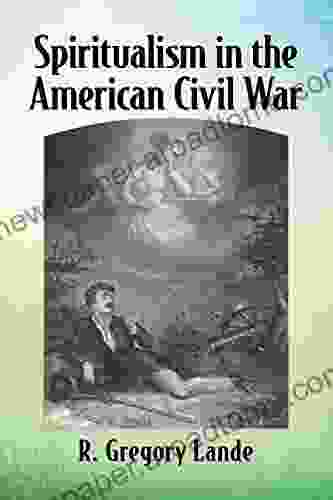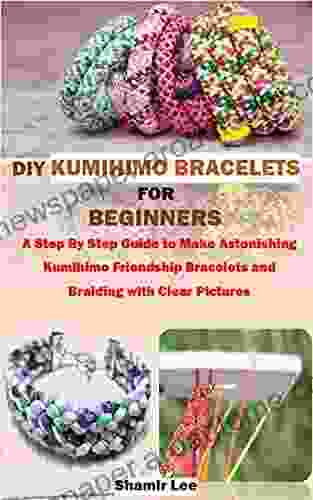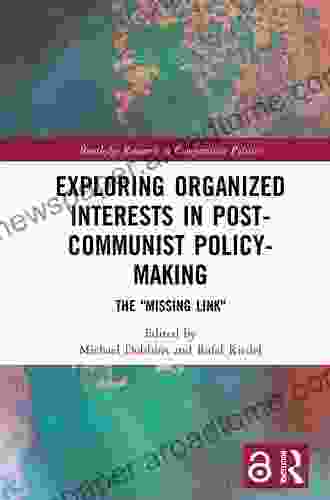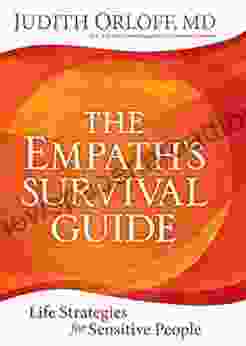Exploring Organized Interests In Post Communist Policy Making

The collapse of the communist regimes in Central and Eastern Europe in 1989 marked the beginning of a new era in the region's political and economic development. One of the most significant changes that took place during this period was the emergence of a variety of organized interests that sought to influence policy-making.
Prior to 1989, the communist regimes in Central and Eastern Europe had effectively suppressed all forms of organized dissent. However, with the transition to democracy, a wide range of new interest groups emerged, representing a variety of economic, social, and political interests.
These interest groups quickly became major players in the policy-making process, lobbying governments to adopt policies that were favorable to their members. As a result, organized interests had a significant impact on the development of post-communist policies in Central and Eastern Europe.
5 out of 5
| Language | : | English |
| File size | : | 13806 KB |
| Text-to-Speech | : | Enabled |
| Screen Reader | : | Supported |
| Enhanced typesetting | : | Enabled |
| Print length | : | 325 pages |
Organized interests play a variety of roles in the policy-making process. They:
- Provide information to policymakers. Interest groups can provide policymakers with valuable information about the needs and concerns of their members. This information can help policymakers to make more informed decisions.
- Lobby for specific policies. Interest groups can lobby policymakers to support or oppose specific policies. They can do this by providing testimony, organizing protests, or running advertising campaigns.
- Monitor government activity. Interest groups can monitor government activity to ensure that their interests are being taken into account. They can do this by attending public hearings, reviewing government documents, and meeting with policymakers.
- Educate the public. Interest groups can educate the public about their issues. They can do this by issuing press releases, publishing reports, and organizing public events.
The emergence of organized interests in post-communist Central and Eastern Europe has had a significant impact on the policy-making process. Interest groups have been able to influence policy outcomes in a variety of ways, including:
- Providing information to policymakers. Interest groups have provided policymakers with valuable information about the needs and concerns of their members. This information has helped policymakers to make more informed decisions.
- Lobbying for specific policies. Interest groups have lobbied policymakers to support or oppose specific policies. They have been able to do this by providing testimony, organizing protests, and running advertising campaigns.
- Monitoring government activity. Interest groups have monitored government activity to ensure that their interests are being taken into account. They have done this by attending public hearings, reviewing government documents, and meeting with policymakers.
- Educating the public. Interest groups have educated the public about their issues. They have done this by issuing press releases, publishing reports, and organizing public events.
As a result of these activities, organized interests have had a significant impact on the development of post-communist policies in Central and Eastern Europe.
The emergence of organized interests in post-communist Central and Eastern Europe has been a major factor in the development of the region's political and economic policies. Interest groups have played a variety of roles in the policy-making process, including providing information to policymakers, lobbying for specific policies, monitoring government activity, and educating the public. As a result, organized interests have had a significant impact on the development of post-communist policies in the region.
5 out of 5
| Language | : | English |
| File size | : | 13806 KB |
| Text-to-Speech | : | Enabled |
| Screen Reader | : | Supported |
| Enhanced typesetting | : | Enabled |
| Print length | : | 325 pages |
Do you want to contribute by writing guest posts on this blog?
Please contact us and send us a resume of previous articles that you have written.
 Book
Book Novel
Novel Page
Page Chapter
Chapter Text
Text Story
Story Genre
Genre Reader
Reader Library
Library Paperback
Paperback E-book
E-book Magazine
Magazine Newspaper
Newspaper Paragraph
Paragraph Sentence
Sentence Bookmark
Bookmark Shelf
Shelf Glossary
Glossary Bibliography
Bibliography Foreword
Foreword Preface
Preface Synopsis
Synopsis Annotation
Annotation Footnote
Footnote Manuscript
Manuscript Scroll
Scroll Codex
Codex Tome
Tome Bestseller
Bestseller Classics
Classics Library card
Library card Narrative
Narrative Biography
Biography Autobiography
Autobiography Memoir
Memoir Reference
Reference Encyclopedia
Encyclopedia Joseph C Piscatella
Joseph C Piscatella Langston Kahn
Langston Kahn John Y Hsu
John Y Hsu Judkin Browning
Judkin Browning Naomi Katz
Naomi Katz Jonas Mekas
Jonas Mekas Journey B Lee
Journey B Lee Joyce O Brien
Joyce O Brien Jt Hunter
Jt Hunter Judith Yandell
Judith Yandell Joseph J Ellis
Joseph J Ellis Robin Artisson
Robin Artisson John Tauranac
John Tauranac Paul L Dawson
Paul L Dawson Julie Lusk
Julie Lusk K L Denman
K L Denman Jose Villa
Jose Villa Padmaraj Nidagundi
Padmaraj Nidagundi Joseph Bonanno
Joseph Bonanno Linda Mclane
Linda Mclane
Light bulbAdvertise smarter! Our strategic ad space ensures maximum exposure. Reserve your spot today!

 Ernest HemingwayWhat Goes Around Comes Around: The Impact of Karma on Your Life and What You...
Ernest HemingwayWhat Goes Around Comes Around: The Impact of Karma on Your Life and What You...
 Marvin HayesBroadmoor Revealed: Unraveling the Dark Secrets of a Victorian Lunatic Asylum
Marvin HayesBroadmoor Revealed: Unraveling the Dark Secrets of a Victorian Lunatic Asylum Victor HugoFollow ·18.4k
Victor HugoFollow ·18.4k Garrett PowellFollow ·17.5k
Garrett PowellFollow ·17.5k Russell MitchellFollow ·18.2k
Russell MitchellFollow ·18.2k Herman MitchellFollow ·8.3k
Herman MitchellFollow ·8.3k Thomas PowellFollow ·15.3k
Thomas PowellFollow ·15.3k Everett BellFollow ·16.5k
Everett BellFollow ·16.5k Anton ChekhovFollow ·14.1k
Anton ChekhovFollow ·14.1k Cameron ReedFollow ·16k
Cameron ReedFollow ·16k

 Sidney Cox
Sidney CoxSpiritualism in the American Civil War
An Unseen Force in the...

 Robbie Carter
Robbie CarterEmpowering Healthcare Professionals: Discover the...
Welcome to the world of...

 Virginia Woolf
Virginia WoolfUnveil the Secrets of Nature's Healing Scents: "Growing...
Embark on an aromatic journey...

 Martin Cox
Martin CoxThe Fat Girl's Guide to Loving Your Body: Empowering...
Alt attribute: Confident plus-size woman...

 Graham Blair
Graham BlairUnlock the Secrets of Vegetables: Their Nutritional Power...
In the realm of culinary delights and...

 H.G. Wells
H.G. WellsStep-by-Step Guide to Crafting Astonishing Kumihimo...
Are you ready to embark on a captivating...
5 out of 5
| Language | : | English |
| File size | : | 13806 KB |
| Text-to-Speech | : | Enabled |
| Screen Reader | : | Supported |
| Enhanced typesetting | : | Enabled |
| Print length | : | 325 pages |








